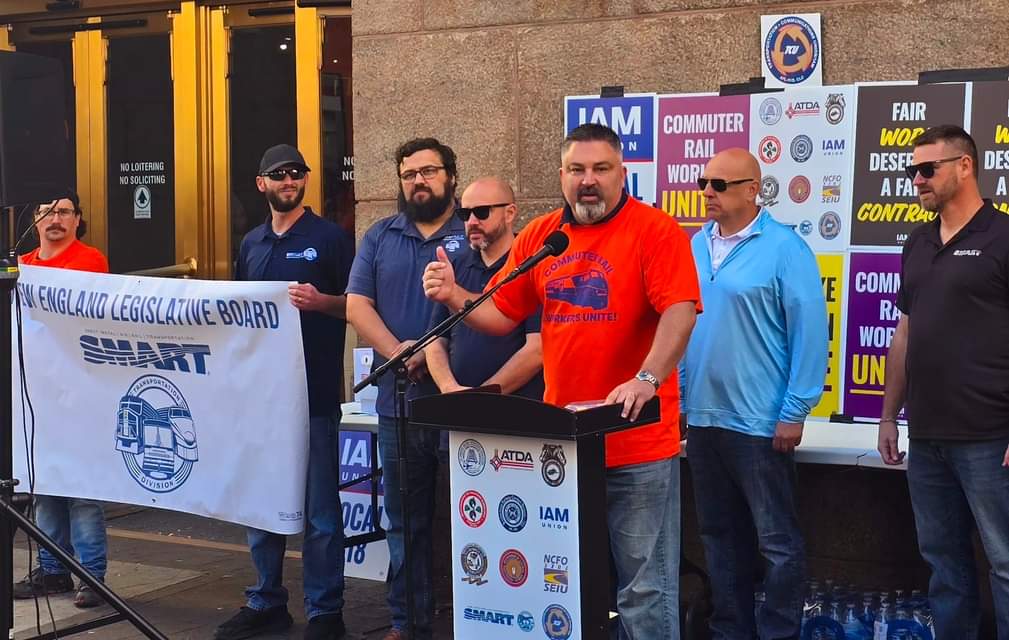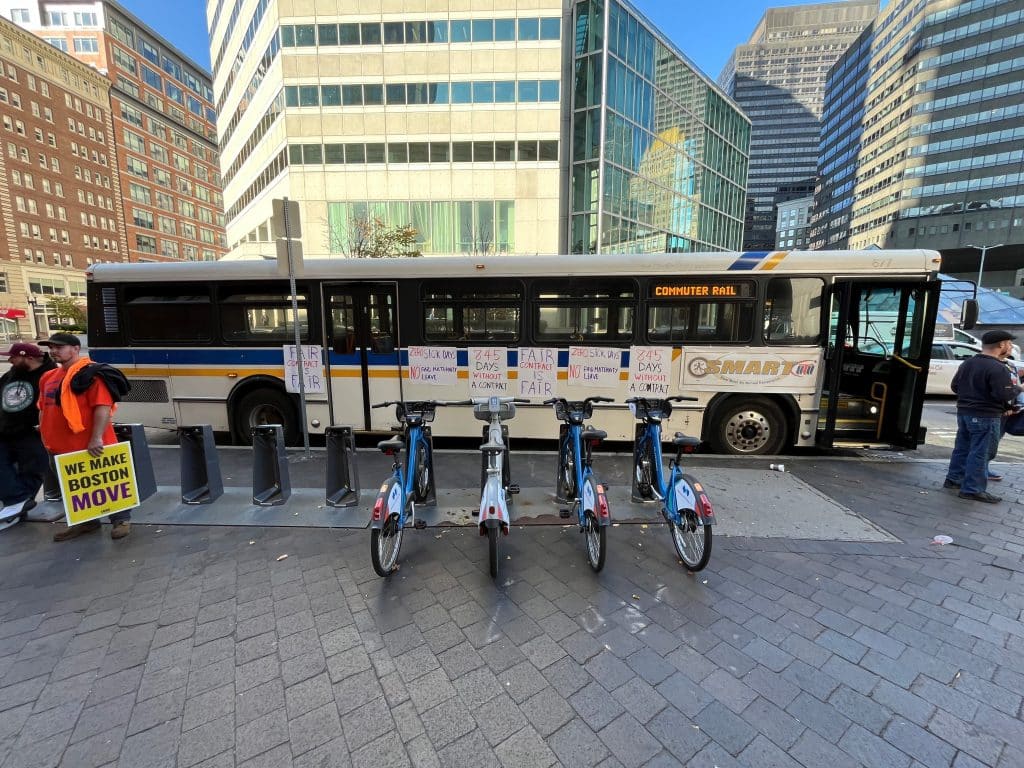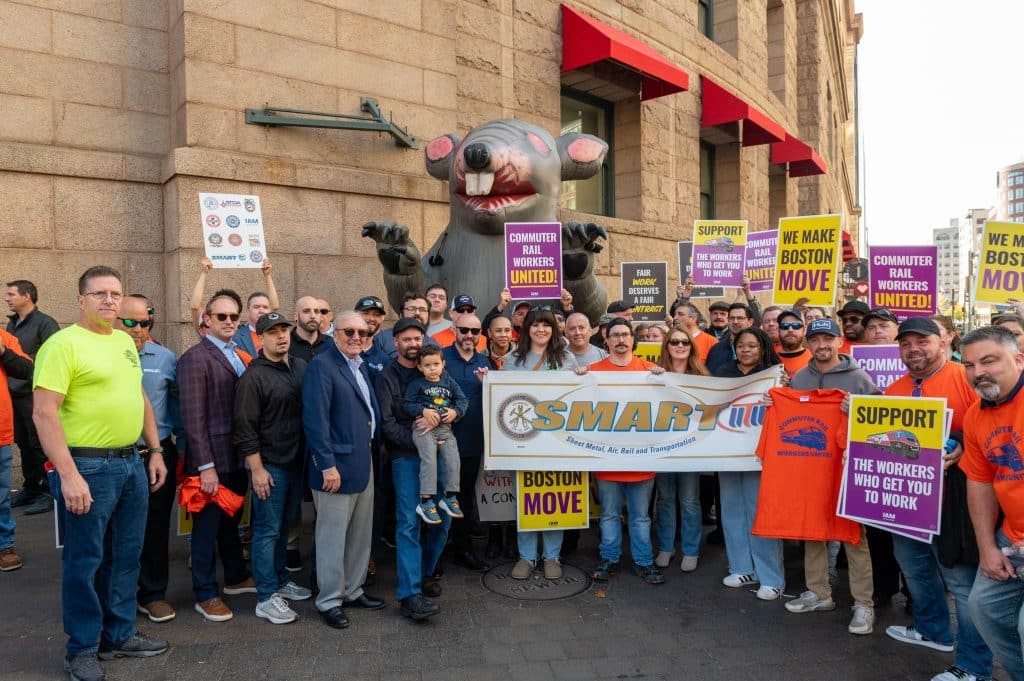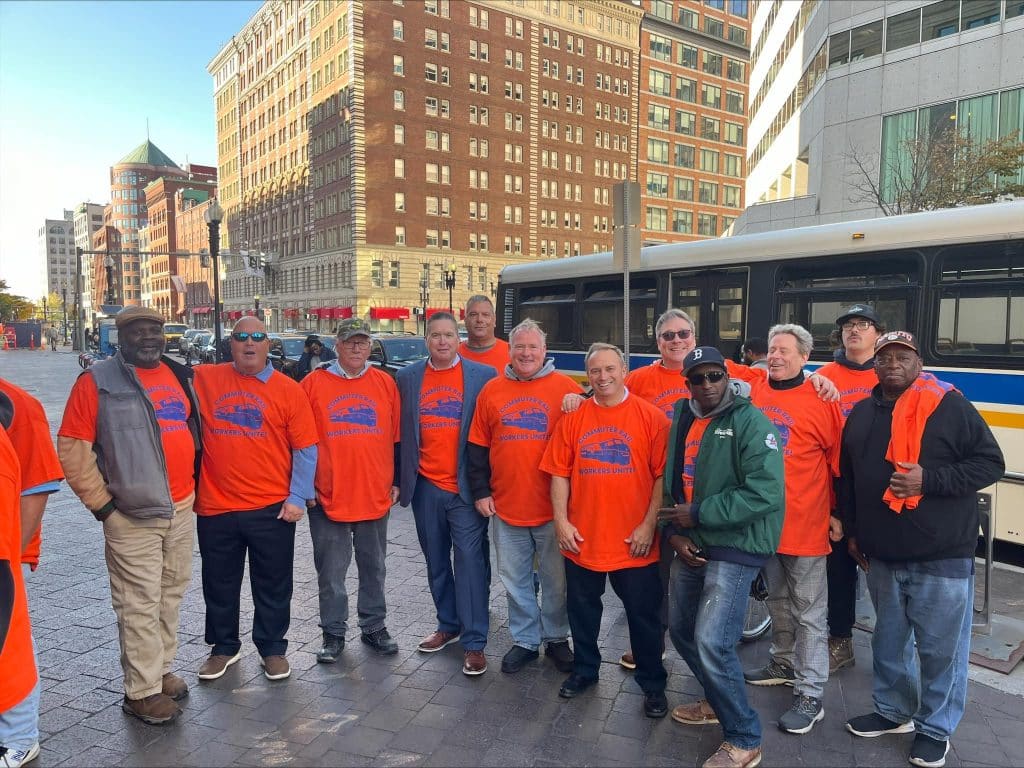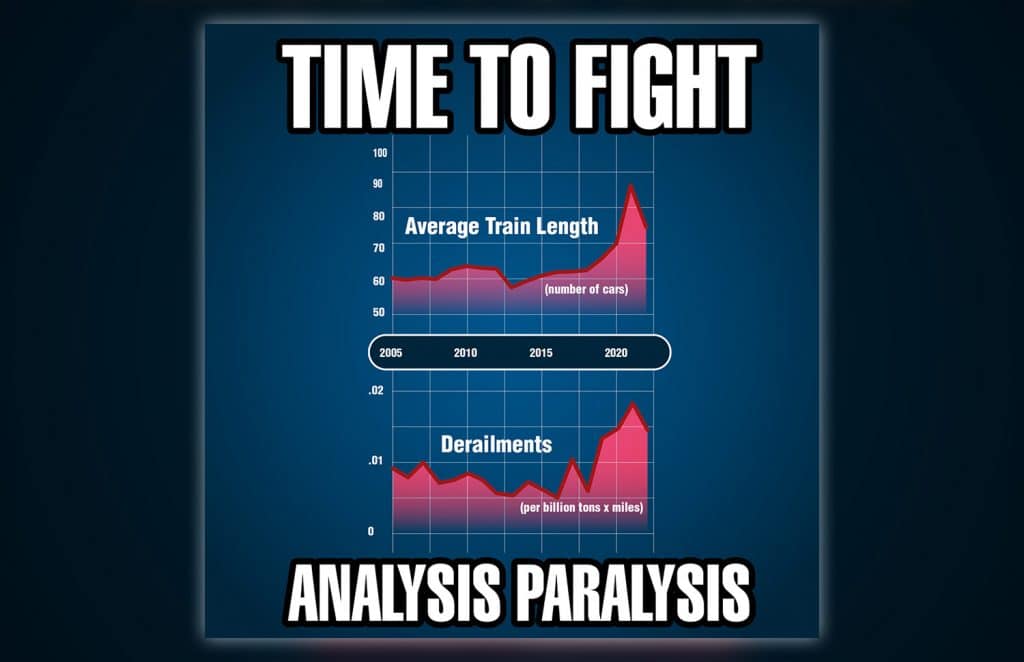Rail yards are for us to move freight, not playgrounds for management with surveillance tech.
October 8, 2025 — Washington, D.C.
Our union’s National Safety and Legislative Department makes it a priority to monitor everything the FRA and the FTA put out, but yesterday was a little different.
On October 6, SMART-TD got to send our “Don’t Tread on Me” message to the Federal Aviation Administration. (FAA)
Over the past few years, trainmasters have gotten tired of just lying in bushes and hiding in the back of MOW’s truck beds to spy on our rail members. They have gone to the next level and started flying drones around active rail yards like there wouldn’t be any ramifications.
SMART-TD took your concerns over this ridiculous hazard straight to the FAA, demanding a full prohibition on the use of drones by railroad managers, or anyone else, in active rail yards and along the mainline where trains are moving. The filing, under FAA Docket No. 2025-1908, comes as railroads increasingly use drones to hover over crews during “operations testing.” We all know this is a practice that crosses every line of safety, respect, and common sense.
In no uncertain terms, SMART-TD told the FAA that these worksites are the crews’ domain. They’re the daily workplace of the men and women who move the nation’s freight, not a proving ground for corporate gadgets or a playground for amateur pilots.
“Our rail yards are not laboratories or surveillance zones. They’re our offices,” said Jared Cassity, SMART-TD National Safety and Legislative Director. “When a drone flies overhead, it’s not just a nuisance; it’s a distraction in one of the most dangerous work environments in America. And make no mistake: if something goes wrong, it won’t be the manager behind the joystick who gets hurt. It’ll be one of our members. There is nothing cute, cool, or futuristic about any of that.”
Beyond Member Safety: A Threat to National Security
While the physical risks of minimally-trained managers piloting drones around moving trains and heavy equipment are serious, SMART-TD said the larger danger is what happens whendrones become normalized in rail yards.
“Once drones are a common sight over critical infrastructure, we lose our ability to tell the difference between a company drone, a spy drone, or one armed with explosives,” Cassity warned. “Railroads carry hazardous and combustible materials every day. Treating drones like harmless gadgets in that setting is not only irresponsible — it’s a national security risk.”
The union’s filing cites the increasing use of drones in modern warfare and surveillance, warning that the FAA’s policy decisions today could unintentionally make rail facilities and all of us working in them more vulnerable to bad actors.
The Wrong People Giving the Wrong Orders
Don Roach, SMART-TD’s Deputy Director of the National Safety and Legislative Department, said the union is drawing a hard line to protect its members and the public.
“It’s not the trainmasters or company managers who should be deciding what’s safe in these environments — it’s the people who actually do the real work there,” Roach said. “We’re the ones with boots on the ballast. We understand the hazards, the noise, the moving machinery. A manager in the weeds with a drone doesn’t belong anywhere near our people.”
Roach added that the FAA must recognize who the true experts are when it comes to safety in active railroad operations.
“SMART-TD is the voice of real-world rail safety,” Roach continued. “If the FAA wants to know what happens when drones start zipping through switching operations or across mainline tracks, they don’t need to ask a corporate safety officer — they need to ask us.”
Undermining Safety Culture and Trust
The union also warned that surveillance by drones destroys the fragile trust that safety depends on. When rail workers are being filmed from above, they’re less likely to report on any safety issues they encounter or take initiative to correct hazards.
“Management wants to call this ‘monitoring,’ but workers see it for what it is — intimidation,” Cassity said. “They used to hide in the weeds to spy on crews. Now they’re just doing it from the sky.”
SMART-TD called for the FAA to:
- Ban all drone operations in active rail environments.
- Require specific FAA authorization for any exceptions.
- Mandate worker notification before any drone activity.
- Impose strict training, licensing, and security protocols for operators.
- Conduct risk analyses on drone-related distractions and accidents.
“As a union, we don’t have many dealings with the FAA, but we wanted to let them know that safety concerns on the rail are no joke,” Roach said. “If the trainmasters won’t think through the recklessness of their actions, SMART-TD will.”
